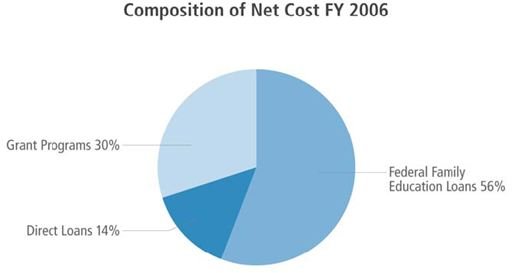How to Defer Your College Loans and Save on Interest
Why Defer Payment on College Loans?

Learning how to defer your college loans gives you the opportunity to delay repayment for a short (or longer) period of time, during which, unless you currently have a PLUS or unsubsidized Stafford loan, no interest accrues. It is an option that lenders agree to for all borrowers, if the applicants meet certain criteria. Deferring college student loans works in favor of the cash-strapped recent graduate who may take a little longer to get on her feet financially or who may need to recover from a job loss, career change or other financial setback.
Please note that deferring student loans for college grads who might consider simply halting payments unilaterally, is much more preferable since this option does not leave an adverse mark on the credit record. Simply ceasing repayment does cause negative notations on the credit profile, can lead to collection proceedings and may also prevent a student from applying for federal aid in the future.
Eligibility Requirements and Time Frames Related to Loan Deferment
Apply for a deferment before(1) the loan defaults. In fact, the best time for making that call to the lender is the moment you realize that there is a good chance you will fall behind either in the current month or in months to come.
Eligibility requirements are:
- Part- or full-time enrollment in a postsecondary school
- Unemployment and/or the inability to find a full-time job
- Financial hardship not necessarily related to a job loss
- Enlisting in the Peace Corps
- Active duty military service (for students with Perkins, Direct or FFEL loans)
Times frames vary for each eligibility criterion. For example, a graduate who cannot find a full-time job may be able to qualify for a deferment lasting up to three years. The same timeframe holds true for economic hardship cases and Peace Corps enlistment. Active military personnel receive a deferment for the duration of the service as well as an added 180 days following demobilization.
Please note that deferring college loans requires commitment: borrowers must make regularly scheduled loan payments until deferment is granted.
What Should I Do If My Deferment Request is Denied?
You learned how to defer your college loans and followed each of the steps outlined. In spite of your efforts, the lender advises you that the request for deferment is denied. Do you have other options? The short answer is ‘yes.’ Contact the lender again, and this time ask for a forbearance.
The difference between forbearance and a deferment is simply the discretionary aspect of the request, which allows lenders to grant the temporary suspension of loan payments even to graduates who do not otherwise qualify for a deferment. Since interest continues to accrue during times of forbearance, it is always better to make a case for a deferment first and a forbearance last.
Source
(1)http:/studentaid.ed.gov/students/publications/student_guide/2009-2010/english/postponeloanpayment.htm) https://studentaid.ed.gov/students/publications/student_guide/2009-2010/english/postponeloanpayment.htm